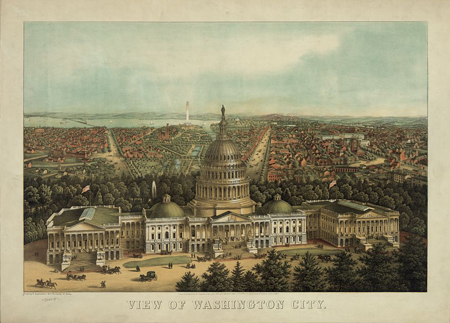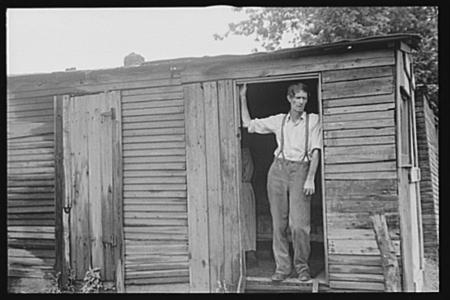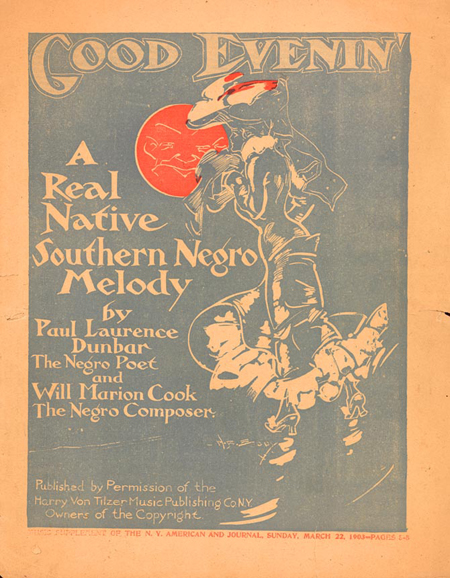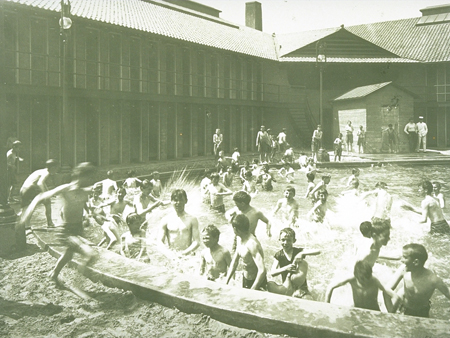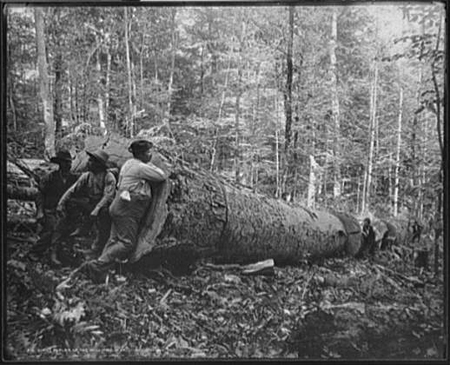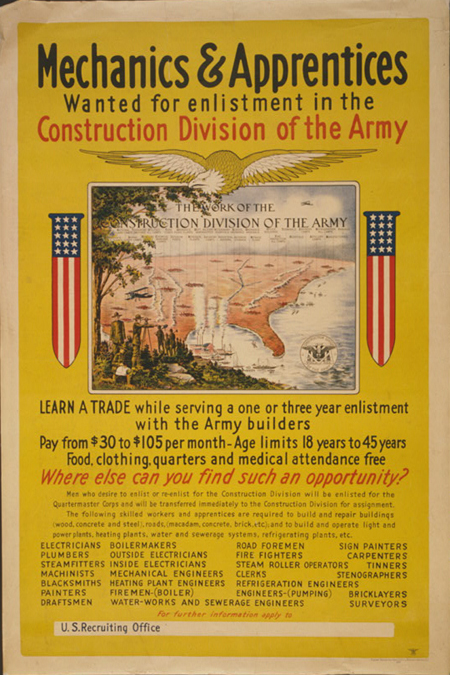Today in History: Washington D.C.
Today in History–July 16–the Library of Congress features Washington D.C. It’s designation as the United States capital city was assured on this date in 1790 with the signing of the Residence Act. Learn more about the planning of this singular city by visiting the Today in History section, then follow the links below to access more primary source treasures. Primary source…

